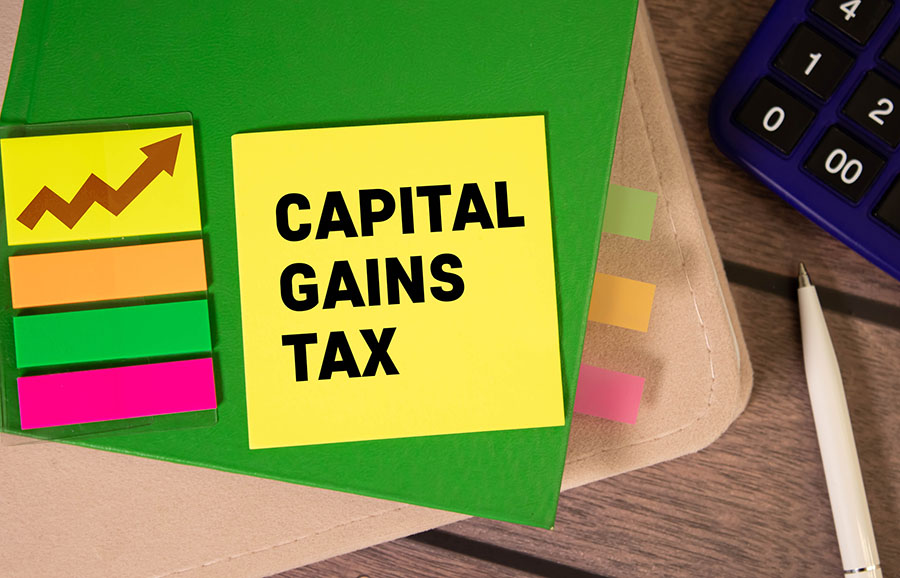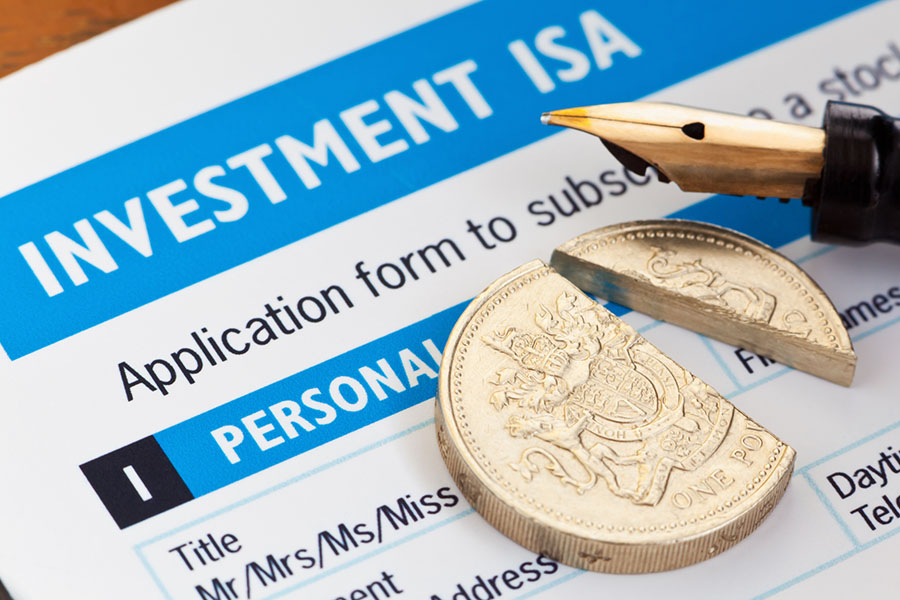Nearly a month has passed since Chancellor Reeves delivered her Autumn Statement before parliament. Yet it continues to cause a stir, particularly as farmers and business owners grapple with its implications.
Since then, we’ve had more time to review the key announcements and discern how they could impact your financial plan in 2024-25. Below, we outline some primary rule changes and what you should consider moving forward.
Capital gains tax
There was widespread anticipation that the Chancellor would raise capital gains tax (CGT). On this, she largely delivered – albeit not in the manner many expected.
Speculation was rife that CGT rates would be aligned with income tax rates, following the past decision of Chancellor Lawson in the 1980s. However, in the end, she chose to raise the basic rate by 8% to 18%. The higher rate was also increased from 20% to 24%. This is all in line with CGT rates on the sale of investment property. These new rates are, therefore, lower than many predicted. The new rates are relevant to assets sold from midnight 30th Oct 2024. Assets disposed of before 30th October 2024 will be at the old rates.
Any realised gains (from the disposal of assets like shares, collective funds in a GIA, or property) are added to your income for the tax year, and you pay capital gains tax through the bands. This means you could pay part at 18% and part at 24% when selling an asset.
When do you pay CGT?
On the sale of property, you must pay within 60 days of completion, where as when paying CGT on the sale of shares or collectives (or other applicable assets), this is done via your self-assessment by 31st Jan after the previous tax year.
Remember that gifting assets (with pregnant gains) count as a disposal of the asset, so you cannot just give a property to a family member (that has a net gain) and avoid paying CGT.
If you simply hold your assets and do not sell them, then CGT does not apply to any increase in their value. In 2024-25, UK residents are also entitled to a £3,000 tax-free allowance every tax year. So, if you generate gains when selling within a GIA and keep within this threshold, there is no CGT to pay. You can also utilize any losses from previous tax years against any future gains but capital losses cannot be shared between spouses. This can get complicated, but in brief:
- Gains can be effectively shared between spouses through asset transfers before disposal and these asset transfers can be done without tax or cost.
- Losses cannot be transferred; they stay with the individual who incurred them.
- Always consider the impact of the transfer on income tax thresholds, as this could indirectly affect the CGT rate.
What about ISAs?
Of course, you can still build up investments inside an ISA (e.g. stocks & shares ISA). Any capital gains attained within this “wrapper” will be exempt from CGT. In 2024-25, you can put up to £20,000 per adult, into your ISAs each tax year.
Pensions
Those receiving (or expecting to receive) their State Pension will likely be encouraged that the Autumn Statement confirmed a 4.1% increase in April 2025. This is raising the New State Penson from £221.20 pw to £230.25 pw and the Basic State pension from £169.50 pw to £176.28 pw.
This is above the forecasted inflation rate, meaning income recipients will likely retain (or boost) the spending power from their State Pension next year.
A lot of noise has been made about the Autumn Statement’s announcement to remove the IHT (inheritance tax) exemption on pension pots in 2027. Whilst this could make estate planning more complicated for certain individuals, it is important to note some key facts.
In particular, IHT is still not applied to a spouse’s (or civil partner’s) pension when they die if it goes to their surviving spouse/partner. For such couples, IHT may only apply once the second person dies.
It is still not 100% clear how the new rules will work (but the provisional thinking is that the pension scheme administrator (e.g. Transact) will pay IHT on the pension directly to HMRC, once they have received grant of probate from the personal representatives of the estate (meaning the executors if there is a valid Will or administrators if there is no valid Will). This will undoubtedly delay the payment of the death benefits from the pension, and it makes the whole process more cumbersome.
At Tandem Financial, we will keep our ears to the ground and keep clients informed as new details emerge.
A key date to watch is 22 January 2025, when the pension consultation is expected to end. If you want more clarity on this topic, speak with a member of our team. For instance, certain people may need to set up a separate life insurance policy to assist their families with premature death and mitigate IHT.
What else can you do?
- Firstly, it is sensible to wait until after the consultation so we know definitely what the rules are going to be and even then we have until April 2027 when the rules actually come into force.
- You could consider altering the beneficiaries or EOW (expression of wish) for your pension death) especially if you have it left to a child or person other than your spouse or civil partner. This is because the spousal exemption means there is no inheritance tax between spouses (even on pensions post 6th April 2027) but there could potentially be IHT payable on first death post 6th April 2027 for larger pension pots if you leave the benefit to someone other than your spouse or civil partner on first death. Amending the EOW is quick and easy to do for which there is no cost at Tandem or Transact.
- You could decide to withdraw some or all of the tax-free cash to spend it or gift it away.
- You could decide to intentionally draw down from the taxable part of your pension and spend it or gift it (or both) to reduce the size of your pension.
Please do take advice regarding your options from your adviser at Tandem, before taking action on the above.
National Insurance & the Living Wage
The Autumn Statement confirmed that the Living Wage will increase by 6.7% to £12.21 from April 2025. This will likely be welcome news for many workers who are working on lower wages.
Some in the media have questioned the potential impact on employers if their wage bills go up. This is coupled with concern about the Chancellor’s announcement that Employer National Insurance (NI) is rising from 13.8% to 15% (which is nearly a 9% increase in the NI Class 1A’s for employers).
If you are a business owner, please note that these changes will heavily affect larger businesses—not small ones. Employer NI will kick in from £5,000 rather than £9,100, and the employment allowance is rising from £5k to £10,500.
Other changes
The Autumn Statement confirmed a host of other notable changes, including:
- VAT on school fees will be introduced from 1st Jan 2025.
- Stamp Duty Land Tax on second homes rising from 3% to 5%.
- Frozen thresholds for ISAs, income tax and IHT.
- Reforming Agricultural Relief to introduce an effective 20% IHT rate on assets over £1m.
Depending on your financial goals and situation, these areas may affect you more/less than others. Those considering private school for their children, a buy-to-let or what to do with their farm may wish to speak to a member of the team to explore their best options.






